What may very well be his final film, Clint Eastwood returns to the director's chair for Juror No 2, a courtroom drama that stumbles as it tries to balance intrigue, morality, and pointing out the faults of our justice system.
Juror No 2 Review
Over the past decade, Clint Eastwood has stood behind the camera and delivered eight films from biopics like Sully to musicals like Jersey Boys. Eastwood does not do anything halfheartedly, even if the films themselves range from great to forgettable. For what is likely his final film (the man is 94), Eastwood sets his sights on a 12 Angry Men style courtroom drama. Eastwood is known for his old-school storytelling that aims to answer deep questions. In Juror No 2, he asks what the words “justice” and “liability” mean when a juror in what should be a simple murder trial realizes that he may actually be the killer. If you're looking for some meaningful answer by the end you're likely going to be disappointed.
Juror No 2 starts out strong, with the first two acts working to draw you in and layer in the intrigue surrounding the morality of the choices one makes. But it never sticks the landing. What could have been a pointed look at the holes in our justice system ends up being a story about one privileged man trying to assuage his guilt while maintaining his white picket fence life. The third act completely falls apart, underused characters are dismissed (sometimes literally) without much fanfare, and any tension built is quickly lost as one baffling choice is made after another. I will say it does make you question what you would do in Justin's situation which can lead to interesting conversations after the film.
Like most of us, Justin Kemp (Nicholas Hoult) doesn't want to be picked for jury duty. His wife, Allison (Zoey Deutsch), is in her third trimester of a high-risk pregnancy and he would rather be with her than stuck in a stuffy courtroom. He reports for selection and prosecutor, Faith Killebrew (Toni Collette) along with public defender, Eric Resnick (Chris Messina), choose him for the jury. The case: known angry boyfriend James (Gabriel Basso) is accused of beating his girlfriend Kendall (Francesca Eastwood) to death. After a drunken fight at a local bar, Kendall walks off during a storm with James following her. When morning comes, her body is found at the bottom of a hill. It seems like a cut-and-dried case, despite Resnick arguing she could have slipped. Killebrew knows she has a win on her hands, which should also help get her elected as District Attorney. It's all going her way until Justin remembers he was also there that night and he hit what he thought was a deer on his way home. But what if it was Kendall?
Jonathan Abrams’ script puts the audience in the jurors' box, asking us to weigh all the evidence presented. Cleverly, deliberate gaps are left in the sequence of events that led to Kendall's death which leads to reasonable doubt on who exactly killed her. Just as we doubt the evidence presented, so do some of the characters, particularly Justin, creating a massive moral dilemma. Does he come forward (bad idea according to his Alcoholics Anonymous sponsor (Kiefer Sutherland), who happens to be a lawyer)? Or should he say nothing, condemning a not-so-innocent man to prison? Once this aspect is fully in play, the outcome of the trial (and the film) is no longer about “Guilty” or “Not Guilty.” Rather it attempts to tackle the question: are you willing to do what's right even if it means risking your life?
If it stuck with this concept it may have been able to maintain its intrigue to the end. However, more elements are thrown in for the sake of creating layers that end up just dragging everything down. What could have been a solid film about both moral responsibility and the flaws of the justice system ends up simply trying to convince the audience that Justin isn't that bad of a guy. He decorated the nursery and loves his wife. Why should he pay for a crime he “may” have committed when the other guy is clearly a loser? Just because James might not have killed his girlfriend he's still a gang member and leech on society. James is never given any depth outside of one brief moment so naturally he must be guilty of something. Even the other jurors are reduced to nothing more than stereotypes save for J.K. Simmons' Harold who adds some spice to the proceedings until he just walks off camera never to be seen again.
No, Abrams and Eastwood are more focused on Justin and his pursuit of justice in spite of his knowledge. Despite the fact that it is incredibly obvious in each scene he knows more than he should, Hoult to his credit does a great job here playing the nervous, frantic maybe murderer. He lends nuance to the character that never makes you outright like him or dislike him. But you can and will empathize with his situation. Here is a man who wants to protect himself and his family but also isn't okay with sentencing someone without undeniable proof of guilt. It is something to think about and that is Juror No. 2's sweet spot, when the questionable morals ask you to reckon with your own thoughts.
Verdict
Ultimately, Juror No. 2 starts strong with enough intrigue to get you hooked before it fumbles its closing argument. I appreciated the moments it called the justice system into question, whether it was the jury just wanting to get home– he's guilty, why talk about it – or the two lawyers having a heart-to-heart about doubts. It would have been more compelling had it fleshed these doubts out further, running in tandem with Justin's own as the trial progressed. There are good bones here though, and diehard Eastwood fans (and those who love Law & Order) might find enough to remain satisfied throughout the long runtime. While it didn't work for me, I did find myself discussing with friends afterwards what I would do in Justin's shoes, so points to Eastwood and Abrams for making us think.
Juror #2 is now playing in select theaters. The film is rated PG-13 for some violent images and strong language with a runtime of 113 minutes.
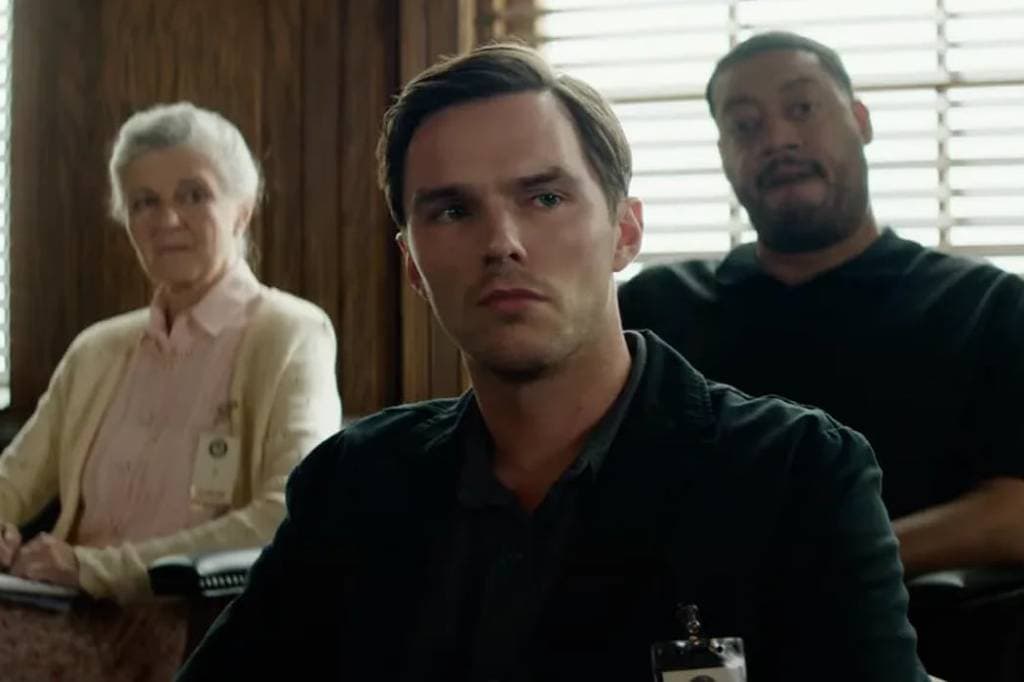
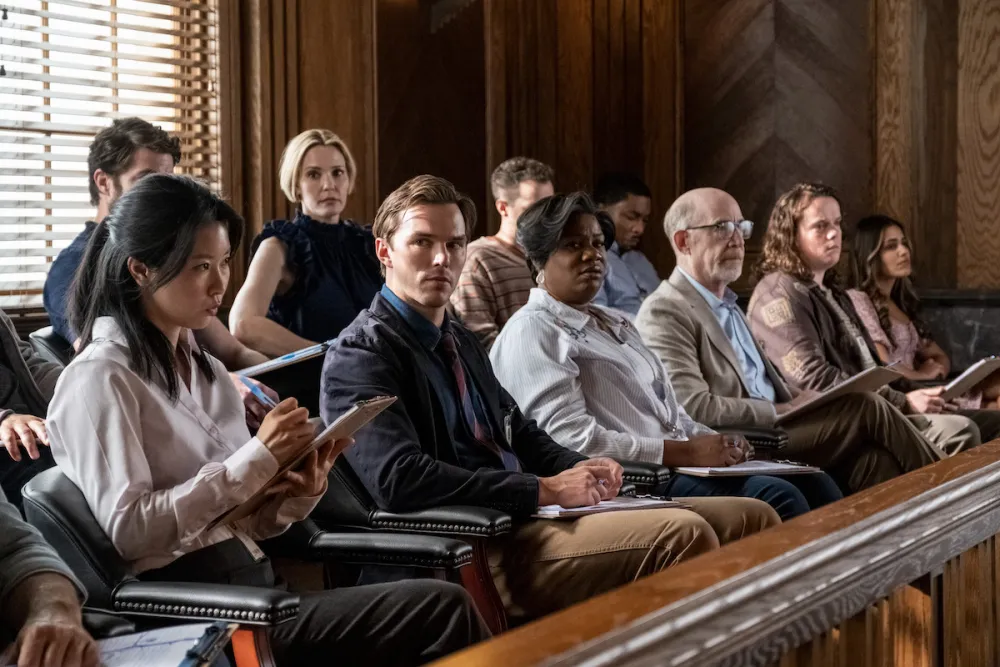
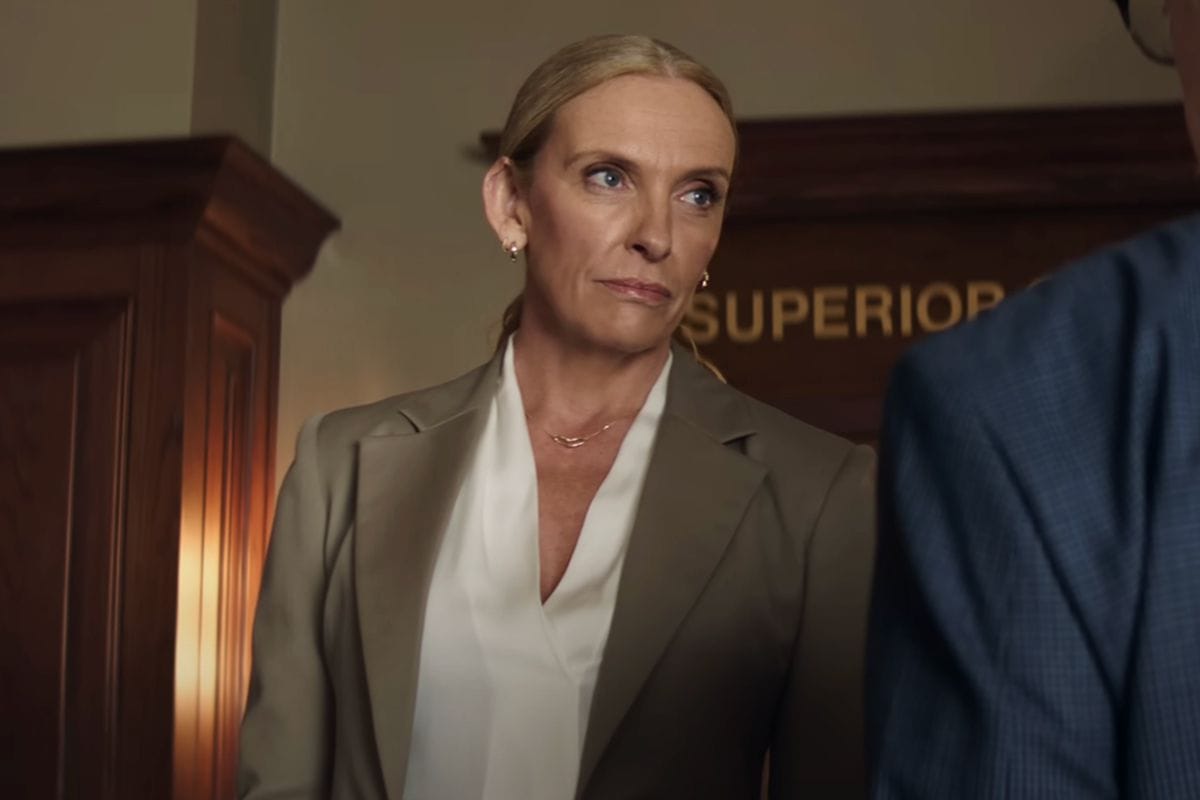


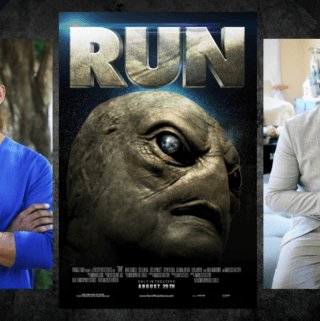


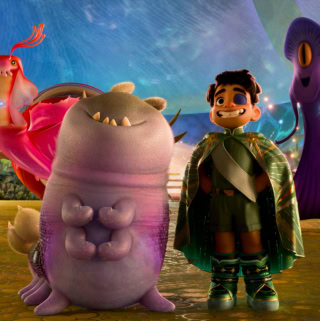
Leave a Reply